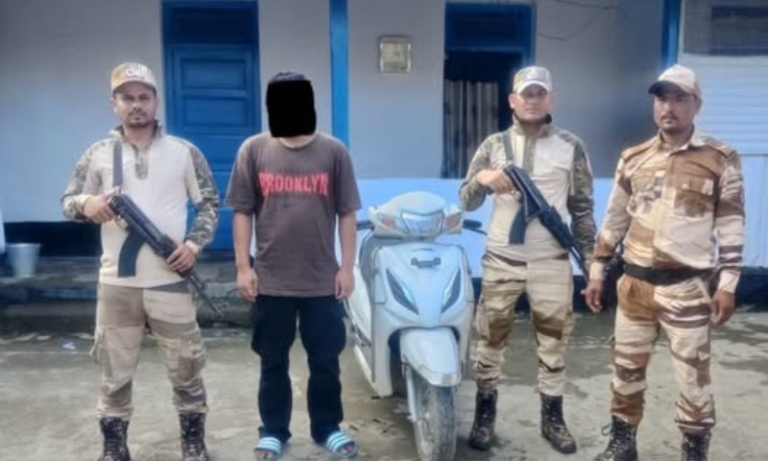AFSPA Reimposed in Manipur’s Imphal Valley: Understanding the Reasons and Implications
Summary
The Indian government has reinstated the Armed Forces Special Powers Act (AFSPA) in parts of Manipur’s Imphal Valley due to rising violence and unrest, especially targeting Kuki communities. This decision follows requests from various groups and recent violent incidents in Jiribam. The AFSPA empowers security forces in “disturbed areas” to conduct operations for maintaining public order, but it has a complex history in the region, fueling protests and controversies over alleged human rights abuses.
In-Depth Article
What Led to AFSPA’s Reimplementation?
The Home Ministry’s decision to reimpose AFSPA in parts of Manipur highlights a response to escalating ethnic tensions between the Meitei and Kuki communities, compounded by recent violent clashes and abductions.
Historical Background of AFSPA in Manipur
Since 1980, AFSPA has largely governed Manipur, giving security forces extensive power in managing public safety within designated “disturbed” areas. However, this act has been divisive, with significant opposition, particularly from rights activists like Irom Sharmila.
Recent Events and Rising Tensions
The ongoing ethnic violence, which has resulted in hundreds of deaths and displacement, has led to a militarized response. This includes the deployment of thousands of additional troops, attempting to stabilize regions experiencing a surge in insurgent attacks and community clashes.
How AFSPA Impacts Daily Life
AFSPA grants the military significant autonomy to conduct searches and make arrests without a warrant. While meant to maintain security, the act has led to contentious incidents that have fueled civilian distrust toward military interventions.
The Role of Local and Central Government in Security
The decision aligns with local demands and recent escalations in violence. Authorities have previously limited AFSPA’s reach to address human rights concerns, but recent events pushed the central government to reauthorize its jurisdiction.
FAQs
- Why was AFSPA reimposed in Manipur? Due to recent ethnic violence and requests from local groups for added security.
- What powers does AFSPA grant security forces? It allows the military to search, arrest, and even use force in designated disturbed areas without a warrant.
- How have people responded to AFSPA in Manipur? It has sparked protests and opposition, with concerns about human rights abuses.
- Which areas are affected by the latest AFSPA order? Certain police jurisdictions in Imphal Valley, like Sekmai, Lamlai, and Jiribam.
- What are the long-term implications of AFSPA in Manipur? It remains a controversial measure that balances between security needs and civil rights.


